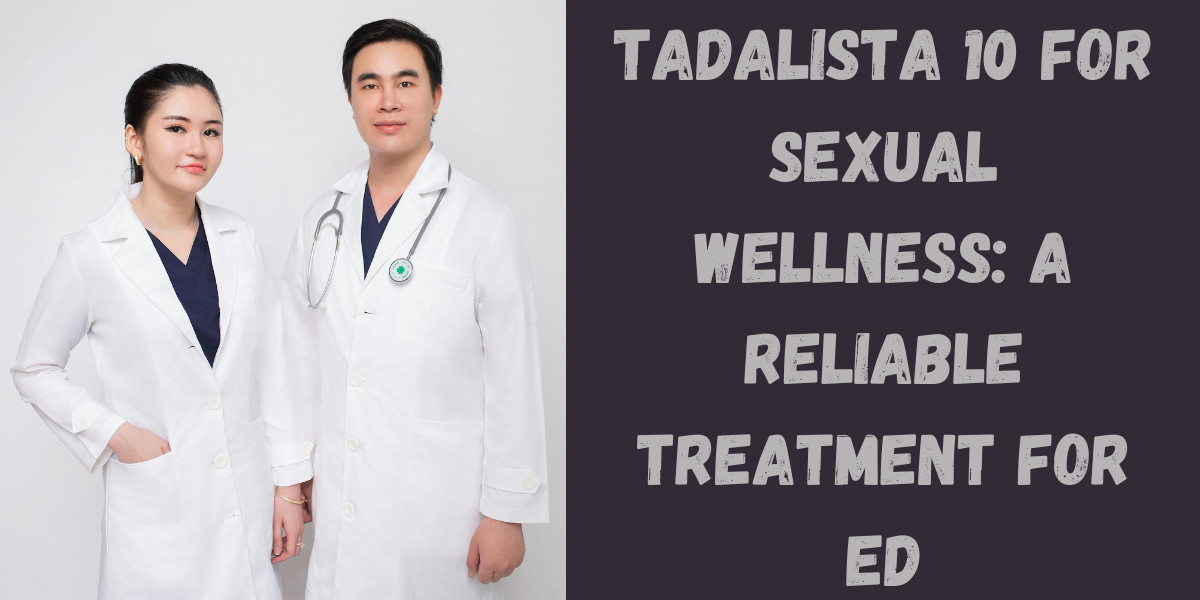If you’re in the food industry, whether you’re a food manufacturer, processor, restaurant manager, or food safety supervisor, you’ve probably heard the term HACCP tossed around a lot. But what exactly does it mean, and why should you care?
Well, HACCP (Hazard Analysis and Critical Control Points) isn’t just some fancy acronym—it’s a vital part of food safety. And let’s be honest: we all want to ensure the food we’re handling, processing, or serving is not only delicious but safe. That’s where HACCP training comes in.
This article will explain why HACCP training is essential for anyone in the food industry, how it can help improve your operations, and why it’s more important than ever to have a solid understanding of food safety practices. Ready to get started? Let’s dig in!
What Is HACCP and Why Does It Matter?
Before we get into the nuts and bolts of HACCP training, let’s break down what HACCP is all about. HACCP stands for Hazard Analysis and Critical Control Points—a structured approach to food safety that focuses on identifying and managing potential hazards in the food production process.
In simpler terms, it’s a system that helps food businesses prevent food safety issues before they happen. And let’s face it, whether you're a manufacturer or a chef in a busy kitchen, food safety is a non-negotiable. The last thing you want is an outbreak of foodborne illness, a recall, or a reputation that takes a hit because safety was overlooked.
HACCP is recognized worldwide as the gold standard for food safety. The training provides a structured framework that helps workers identify where risks exist in the food handling process—be it during production, processing, packaging, or serving—and take the necessary steps to mitigate those risks.
Why Do You Need HACCP Training?
Whether you work in a large food manufacturing plant or you’re managing a small kitchen, food safety is always a priority. Here’s why HACCP training is something you can’t afford to skip:
Compliance with Regulations In many countries (especially those in the European Union and the United States), HACCP is a requirement for certain food businesses. For example, food manufacturers that process meat, seafood, and dairy products often must prove they are following HACCP principles. It’s not just about being a good business—it’s about staying compliant with the law.
Preventing Foodborne Illnesses HACCP helps identify potential biological, chemical, and physical hazards before they become a problem. We all know how quickly a contaminated product can cause illness and damage your reputation. Having proper HACCP training means your staff will be better equipped to handle these risks, preventing them before they even start.
Building Consumer Trust When customers know that you take food safety seriously, they trust you more. Trust is vital in the food industry, and HACCP training shows that you’re committed to meeting high standards. Whether you’re a restaurant owner or a food supplier, consumers feel more comfortable purchasing from you if they know you prioritize safety.
Reducing Liability and Costs Accidents, contamination, or food recalls can cost a business a significant amount of money—not just in fines but in lost customer loyalty. HACCP training helps mitigate these risks and, ultimately, reduces the chances of expensive food safety incidents. After all, it’s far cheaper to prevent a problem than to fix it.
Improving Operational Efficiency An often-overlooked benefit of HACCP training is its impact on day-to-day operations. By knowing where hazards are most likely to occur and creating a protocol to address them, your food production or service process becomes smoother and more predictable. Everyone involved knows what to do, and that reduces confusion, waste, and inefficiencies.
What Does HACCP Training Involve?
Now that you understand why HACCP training is so important, let’s talk about what it actually entails. When you or your staff undergo HACCP training, you’re learning a structured, step-by-step process for ensuring food safety at every stage of food production or service.
The core of HACCP revolves around these seven principles:
Conduct a Hazard Analysis
You’ll identify potential hazards that could affect food safety—these could be biological (like bacteria), chemical (like pesticides), or physical (like glass shards).
Determine Critical Control Points (CCPs)
You’ll pinpoint specific stages in the food handling or production process where you can control these hazards—think cooking temperatures or sanitation procedures.
Establish Critical Limits
Once you know where the risks lie, you’ll set limits for acceptable levels of each hazard. For example, a specific temperature that ensures bacteria won’t grow.
Monitor CCPs
Ongoing monitoring ensures that the critical control points are consistently met. This might involve checking temperatures, performing sanitation checks, or other regular inspections.
Establish Corrective Actions
In case something goes wrong—like a temperature that’s too high or too low—you’ll need to know exactly what corrective actions to take to prevent contamination or unsafe food from being sold.
Verification Procedures
You’ll set up verification methods to ensure that everything is working as it should. This could be regular audits or lab testing to verify food safety standards.
Record-Keeping and Documentation
Keeping records is essential for demonstrating compliance and ensuring accountability. Proper documentation shows that you’ve followed the steps necessary to guarantee food safety.
Who Needs HACCP Training?
In an ideal world, everyone in the food handling process would receive some level of HACCP training. But realistically, it’s essential for certain roles. Here’s who needs to take it seriously:
Food Manufacturers and Processors
If you’re manufacturing or processing food, HACCP is a must. From raw ingredient sourcing to packaging, there are many stages where hazards can crop up, and understanding how to control them can make all the difference in your product’s safety.
Food Handlers in Restaurants and Food Service
If you work in a kitchen, you need to know how to handle food safely—from storing it at the right temperature to knowing when to throw it out. HACCP training ensures you know the ins and outs of safe food handling.
Food Safety Managers and Supervisors
If you’re responsible for ensuring food safety in your organization, you’ll need comprehensive HACCP training. Supervisors should have a strong understanding of food safety principles to help lead their teams and ensure compliance with regulations.
Quality Assurance Teams
For businesses that want to maintain high standards, having a team dedicated to quality control is key. HACCP training helps these teams assess risk, monitor processes, and uphold food safety standards across production lines.
How Can HACCP Training Benefit Your Business?
It’s clear that HACCP training offers multiple benefits for food-related businesses, but let’s take a moment to explore how it impacts day-to-day operations:
1. Fewer Recalls and Fewer Risks
One of the biggest dangers in the food industry is a recall. A single safety lapse can lead to major legal, financial, and reputational consequences. HACCP training reduces the chances of these problems occurring because your staff will know how to monitor and control risks.
2. A Stronger Food Safety Culture
Training staff in HACCP creates a culture of shared responsibility for food safety. It’s not just about following rules—it’s about making safety part of your business’s ethos. A shared commitment to safety can lead to better morale and improved teamwork.
3. Better Customer Relationships
Customers expect that their food will be safe to eat. When you demonstrate a commitment to food safety through HACCP training, you build trust with your clients and customers, which is vital in today’s highly competitive food industry.
4. Regulatory Compliance
In some industries, HACCP is legally required. By ensuring that your team is well-versed in HACCP protocols, you ensure that you’re always in compliance with local and international food safety regulations.
The Bottom Line: Is HACCP Training Worth It?
Here’s the thing—HACCP training isn’t just about meeting compliance standards or ticking off a box on your to-do list. It’s about setting your team up for success, ensuring that food safety is at the forefront of every decision, and most importantly, keeping your customers safe.
When you invest in HACCP training, you’re investing in the long-term success of your business. From building trust with customers to preventing costly mistakes, the benefits far outweigh the costs. So, if you’re serious about ensuring your food products are safe and your operation runs smoothly, it’s time to make HACCP training a priority.
Isn’t it time to give your food safety practices the attention they deserve? After all, food safety isn’t just about following the rules—it’s about making sure every meal, every snack, and every bite is one that’s safe for everyone to enjoy.








